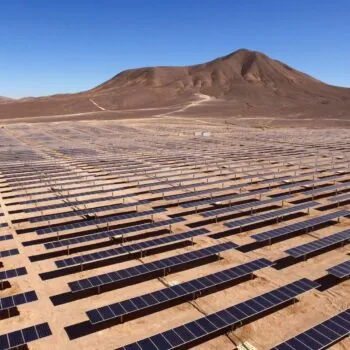As G20 energy and environment ministers meet in Japan this week rapid market penetration of electric vehicles (EVs) and their potential disruption to geopolitics should be key focus.
A new E3G report finds most countries are not prepared for impacts of unexpectedly rapid market penetration of EVs. Against the backdrop of rising populism and protectionism there is a risk that the transition to EVs will exacerbate geopolitical tensions.
Story
Steps should be taken to manage the most potentially disruptive impacts of electrification of transport by strengthening rules-based international cooperation in areas including trade, energy security and resource extraction.
Even conservative forecasts show EVs will account for a fast-growing share of the global car market over the next several decades. Falling technology costs, public and private sector R&D investment, concerns about climate change and urban air pollution, and changing consumer preferences suggest this transition could happen even faster than mainstream forecasts, with wide-ranging and potentially disruptive geopolitical impacts.
An E3G assessment finds EV adoption is likely to influence geopolitics through several interrelated mechanisms, including international trade, energy security and competition over strategic resources. EVs will also have second and third order effects with geopolitical or human security implications, in large part as a result of declining revenues and tax bases in oil producing countries. In each case EVs have the potential to be a catalyst for greater cooperation, or a source of conflict. In a time of rising populism, resource nationalism and trade barriers, there is a high risk that the transition to EVs could be badly managed and exacerbate these tensions.
An E3G review of recent foreign policy and security literature supported by interviews with experts finds very limited attention is being paid to the geopolitical or security implications of a high EV scenario.
Based on the analysis undertaken for the study E3G proposes several recommendations with the aim of supporting international cooperation to help mitigate the risk of geopolitical tensions and a disorderly energy transition.
Quote
Taylor Dimsdale, Research Director at E3G said:
History shows new technologies can be adopted at exponential rates. If EVs keep growing at their current pace, batteries could be to the 21st century what oil was to the 20th. The shift could be disruptive and carries all sorts of risks for oil producers and vulnerable regions. But EVs are also an opportunity for countries to work together on technology, energy and trade. This would reinforce regional stability and dramatically reduce climate risk.
ENDS



